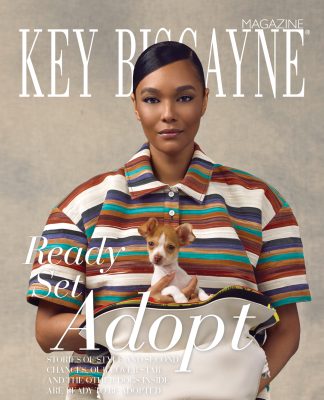 Assuming you don’t have a diner’s dictionary handy, how can one label encompass everything we need to know for our food to prove itself as beneficial? Right now the best option is organic, but Halal goes one step further.
Assuming you don’t have a diner’s dictionary handy, how can one label encompass everything we need to know for our food to prove itself as beneficial? Right now the best option is organic, but Halal goes one step further.
When choosing between seemingly identical products, with a vast price difference, we shouldn’t accept the premium one as better on blind faith. Our dollars and sense go to labels that are for the most part unregulated by the FDA and USDA.
In these cases, we might as well trust producers whom answer to a higher power because of added checks and balances. Like practitioners of Judaism rely on Kashrut certificates to identify Glatt-Kosher businesses, there’s a governing body that ensures Muslims don’t soil their bodies as well.
The 3 main Halal tenants are that livestock and their products be: 1.) Neither from a scavenger, carnivore or omnivore; 2.) Be free of added hormones, antibiotic treatments and genetic modification; and 3.) Be prepared according to Zabiha Law.
Few Americans dine on vulture or grizzly bear, so the first one isn’t relevant unless you eat pork, but the others are. Endocrinologists, pharmacists and geneticists should be in academic hospitals, not farms. One ingredient should describe every cut or chop we ingest, but somehow it’s become a chemists’ spelling bee (Diethylstilbestrol, it’s what’s for dinner). Since progress is impossible without change, we’ve got to revert to antibiotic-free, unmodified and organically-raised everything, but especially livestock. Lastly, Zabiha means an animal’s end will be as quick and painless as possible. Whether in films like Food, Inc., in print like Farmageddon: The True Cost of Cheap Meat, or in politics like California’s S.B. 1520 (foie gras ban), the debate on humanely raised meat is everywhere, and choosing Halal is just one of those solutions.
As consumers, we can get on the right track and minimize the impact of problems in our food supply simply by making informed choices. It’s as easy as including businesses that source their fare from unconventional, yet conscious suppliers. Whole Foods joined forces with the non-profit organization, Global Animal Partnership, to rollout a 5-Step Welfare Rating. Trader Joe’s promotes their humanely raised products with labels and without price-gouging. Both companies are making huge efforts when compared to the rest of the country but lag behind Australian, European and…sacred standards.
The choice to live a healthy lifestyle doesn’t need to put you down the road toward veganism or fundamentalism, or limit your options. If anything, pursuing alternatives will put you in contact with many new ingredients, methods and tastes. Take your shopping list and your appetite to Barbar Grill (440 SW 8th St.), Oriental Bakery (1760 SW 3rd Ave.), or Rice House Of Kabob (50 SW 10th St.) and look for a Halal certificate. Doing so might add a few new feel-good flavors to your meals. So go ahead: Eat up, eat right and enjoy every bite.











